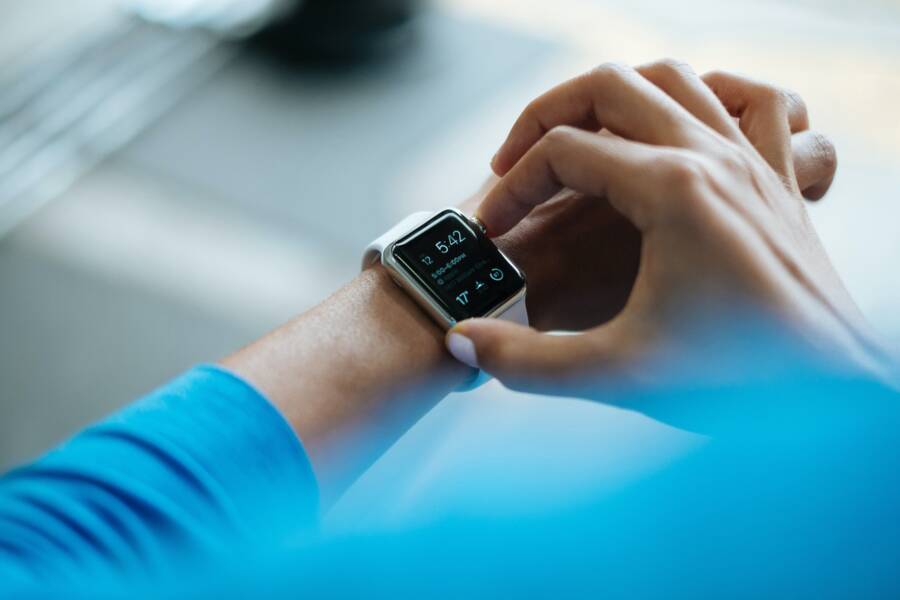When people think of AI, one of the first things that come to mind is robots. Robots could be seen as one application of AI, but in a nutshell, AI or Artificial Intelligence is the ability of a machine to show human-like capabilities; it simulates human intelligence in machines making them think and act or mimic more like humans. AI tools are able to handle repetitive tasks, but also because of learning algorithms, are able to pick up and adapt to new data even without human assistance.

Some applications of AI are seen in the technology used for self-driving cars, navigation applications, mobile check deposits, and fraud prevention systems in banks. Other everyday applications of AI can also be seen in everyday use of social media, how Facebook suggests whom to tag on photos you’ve just uploaded, how the ads you see are customized based on your browsing patterns, your next series or film recommendation on Netflix, smart household appliances, and even the digital personal assistant on your smartphone. Besides these applications, AI has also been growing in importance in the health and wellness field. Here are some applications of AI in the wellness industry.
Health monitoring apps
Nowadays, there’s a mobile app for almost everything. Apps do not only keep smartphone users entertained, or assist users with errands but can also help keep a healthy body and mind. Wellness apps like Headspace that simplifies meditation and mindfulness, Sleep Cycle that tracks users’ sleep cycles based on movement and sound analysis and can help improve sleep quality, Smoke Free, an app that helps users quit smoking by tracking not only a user’s craving and progress, but money and hours of life saved from not smoking as well, Streaks, an app that helps users develop good habits by tracking tasks to complete daily to build a streak of consecutive days, or My Possible Self, an app that helps monitor feelings and patterns in behavior that addresses mental health concerns.
Wearable technology
AI in wearable technology tracks a user’s statistics and picks up real-time insights to help users make more informed lifestyle choices. The most common form of wearable technology is the smartwatch, but wearables can also come in the form of Bluetooth headsets, fitness bands, even yoga pants, among others. These devices can detect heart rate, elevation, oxygen levels, and motion. Data gathered from these devices can help users determine what to eat more or less of, how much sleep they need, and how much more activity is needed to achieve a fitness goal.
AI chatbots
According to the WHO, depression alone affects more than 264 million people; and though health care and social services are available for those with mental health conditions, the stigma surrounding mental health conditions prevents those afflicted to seek and avail treatment. Tech companies have come up with AI applications and chatbots to provide support to patients by checking on them and being available to chat or listen to them anytime. While these apps and chatbots aren’t able to prescribe medical treatment, these are designed to act as the first line of support for patients to address stress or other mental health symptoms.
Data gathering and screening
New AI technology assists doctors and hospitals by scanning through patients’ electronic health record system, extracting their medical history and other critical information that can get easily lost if stored as hand-written records, and presenting the data in an easily readable format. New AI models also make it possible to screen for cancer in patients faster. Compared to standard lung cancer screening that takes more time and exposes patients to high levels of radiation, AI-assisted scanning lets doctors use a lower dose of radiation for CT scans since the technology cleans up the results of completed scans and speeds up the process as well. Integrating AI into healthcare practices allows institutions to deliver healthcare faster and at a lower cost.
While there are already numerous ways AI impacts healthcare and wellness, there is still more research to be done not only on existing technology but to develop better tools or processes that could help improve the general public’s health and way of living.
TechnologyHQ is a platform about business insights, tech, 4IR, digital transformation, AI, Blockchain, Cybersecurity, and social media for businesses.
We manage social media groups with more than 200,000 members with almost 100% engagement.







































